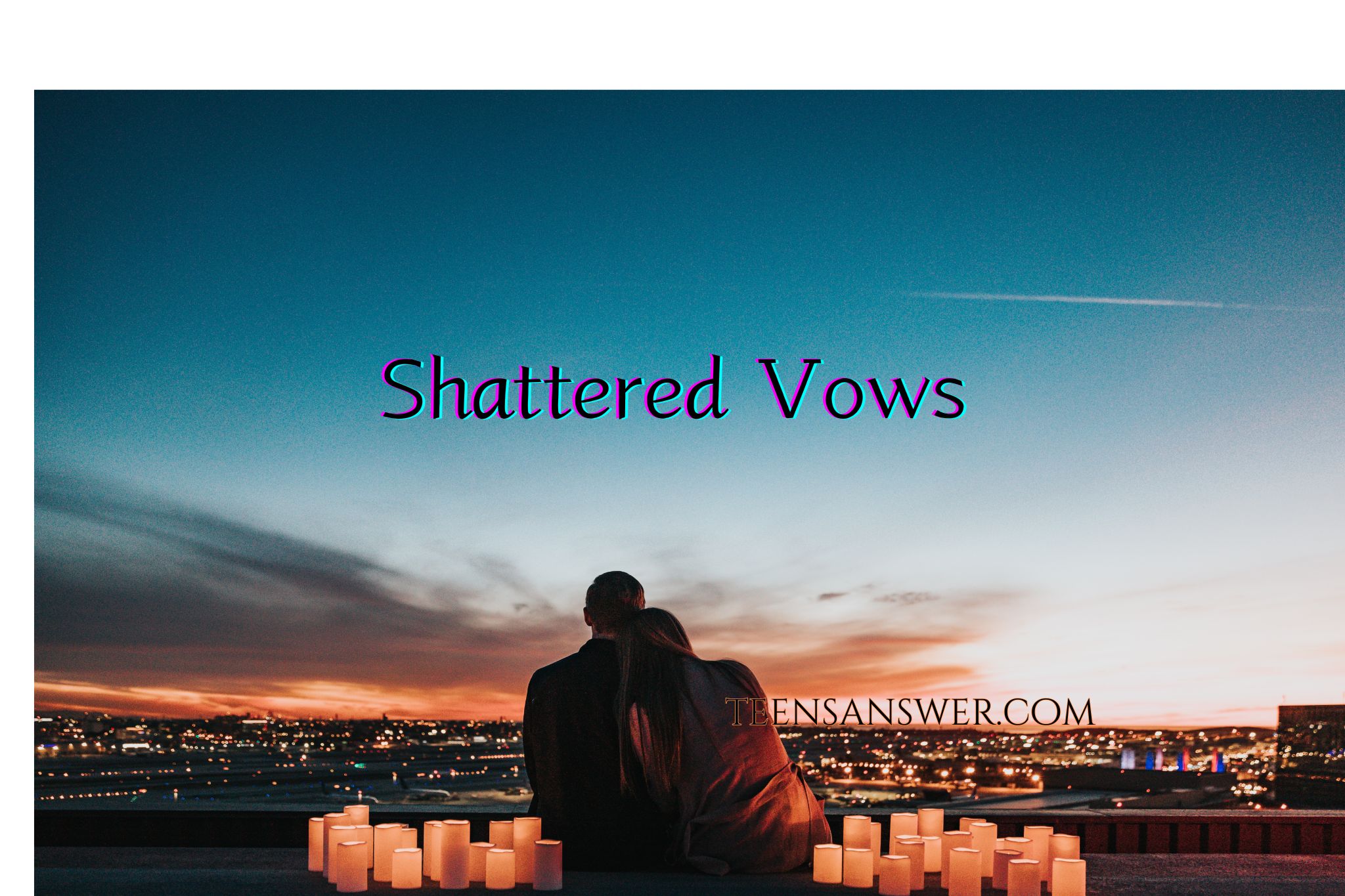The Hidden Weight We Carry
 Emotional Bottling
Emotional Bottling
Emotions are a natural and essential part of the human experience. They allow us to connect with others, navigate our inner world, and respond to life’s highs and lows. However, in a society that often prizes strength, stoicism, and composure, many people feel compelled to bottle up their feelings. This practice, known as emotional bottling, involves suppressing emotions instead of expressing or addressing them. While it may seem like a short-term solution to maintain control, emotional bottling can have significant long-term consequences.
What Is Emotional Bottling?
Emotional bottling occurs when someone consciously or unconsciously suppresses their emotions, choosing not to share or process their feelings. This behavior can stem from various reasons, such as fear of judgment, cultural expectations, or a lack of safe spaces to express emotions.
For example:
- A teenager might hide their sadness because they fear being seen as weak or dramatic.
- A parent might suppress frustration to avoid appearing vulnerable in front of their children.
- A professional might conceal stress to maintain an image of competence.
While this approach may help people avoid immediate discomfort or confrontation, it often leads to deeper emotional issues.
The Effects of Bottling Emotions
Bottling up emotions doesn’t make them disappear; instead, they linger beneath the surface and often resurface in unhealthy ways. The potential effects include:
- Mental Health Challenges
Suppressing emotions can contribute to anxiety, depression, and chronic stress. When emotions remain unprocessed, they can build up, leading to feelings of overwhelm or emotional numbness. - Physical Health Issues
Emotional suppression is linked to physical symptoms such as headaches, high blood pressure, and gastrointestinal problems. Chronic stress from unexpressed emotions can also weaken the immune system. - Strained Relationships
Bottled emotions can create misunderstandings and resentment in relationships. When feelings are not communicated, it’s easy for conflicts to go unresolved or for emotional walls to form between individuals. - Emotional Outbursts
Suppressed emotions can build up over time, eventually erupting in unexpected ways. A minor inconvenience might trigger an outburst that seems disproportionate to the situation.
Why Do People Bottle Emotions?
Understanding the reasons behind emotional bottling is crucial for addressing it. Common factors include:
- Fear of Judgment: Many people worry that expressing their emotions will make them appear weak or overly sensitive.
- Cultural Norms: In some cultures, showing emotions is discouraged, particularly for men, who may be told to “man up” or “stay strong.”
- Past Trauma: Individuals who have experienced emotional invalidation in the past may learn to suppress their feelings as a protective mechanism.
- Desire to Avoid Conflict: Some people avoid expressing emotions to prevent disagreements or uncomfortable conversations.
How to Stop Bottling Emotions
Breaking the habit of emotional bottling requires self-awareness and intentional action. Here are some steps to help:
- Acknowledge Your Feelings
Recognize and name your emotions. Journaling, mindfulness, or simply taking a moment to reflect can help you become more in tune with your feelings. - Create Safe Spaces
Find people you trust to share your emotions with, whether it’s a friend, family member, or therapist. Safe spaces encourage open and honest communication. - Practice Emotional Expression
Expressing emotions doesn’t always mean talking. You can channel your feelings through art, music, writing, or physical activity. - Challenge Negative Beliefs
Examine beliefs that may be discouraging you from expressing emotions, such as “I’ll be judged” or “My feelings don’t matter.” Replace them with affirmations like “My feelings are valid” and “It’s okay to ask for support.” - Learn Healthy Communication
If you fear conflict, practice assertive communication. Use “I” statements to express your feelings without blaming others. For example, “I feel overwhelmed when deadlines pile up” is more constructive than “You’re stressing me out.” - Seek Professional Help
If bottled emotions are causing significant distress, a therapist can provide guidance and tools to process and express your feelings.
The Benefits of Emotional Expression
Expressing emotions isn’t just about releasing negativity—it’s also about embracing joy, love, and connection. When you allow yourself to feel and share your emotions, you experience:
- Better Mental and Physical Health: Emotional expression reduces stress, improves mood, and enhances overall well-being.
- Stronger Relationships: Open communication fosters trust, empathy, and deeper connections with others.
- Greater Self-Awareness: Understanding and expressing your emotions helps you learn more about yourself and your needs.
Conclusion
Bottling up emotions may feel like a way to maintain control, but it often comes at the expense of your mental, physical, and relational health. Embracing your feelings and finding healthy ways to express them can lead to a more balanced, fulfilling life. Remember, emotions are not a sign of weakness—they are a testament to your humanity. By acknowledging and honoring them, you open the door to healing, growth, and deeper connections.





















Post Comment